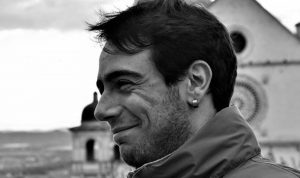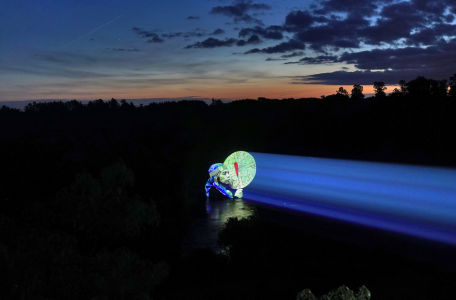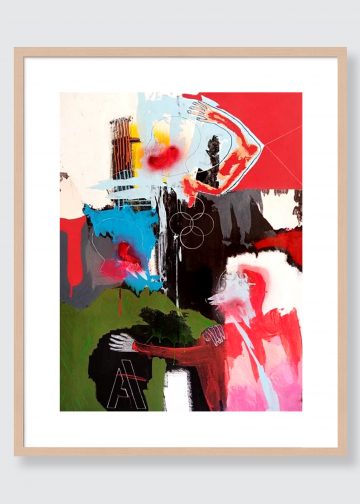Excerpt from Antonio Bux’s introduction to Gabriele Galloni’s collection In che luce cadranno?
[…] The prayers and short rituals contained in these poems are dedicated to the dead. Galloni digs into them almost surgically, exhuming that thin film dividing the visible from the invisible, life from the beyond. He does so with great stylistic wisdom, through a seemingly impersonal, minimalist methodology, while offering the reader an obsessive, if precise, rough, and desecrating account of the presence of the dead. Most of all, they are portrayed in a way that borders on the liturgical, laying hidden behind a sublimation of life itself. The poet seems to ask us, “The living who flaunt their inner darkness, what kind of light will they fall in?” and most of all, “What about the dead who make their redemption out of the dark? “To the future of this poem the arduous verdict.
The dead try to console us
but their attempts are unfathomable:
they are the slips, the stumbles, the unspeakable
in a conversation. They show us their love
giving us one hand – and the other to the Invisible.
I met a man who read
the hand of the dead. He preferred those
under twenty; every Sunday in the
morgue he predicted to them
the coordinates for another life.
There was talk of the dead. On the table
the scattered remains of dinner – those
freshly cooked steaks. The fridge
lovingly conversing with the stars.
In the dream we hid
at the end of the aisle of a church. Together
we sought access to the house
of the dead.
All the world outside.
It is legitimate to ask how
the dead are resurrected and what voice they shall be
gifted. And what language and what body.
The dead have a fever. It’s not time yet.
It would suffice for us to believe in a shore;
in a light slowly disappearing
behind the cliffs; or that a dead man lives again,
and gets lost on his way back.
The dead follow a
strict apprenticeship. For six months they are nothing but
a big bruise; then a smooth surface.
And if they become what they already are
it’s only of their own doing (they don’t slip).
The dead continue to ask
themselves the same questions as the living:
the occurrences and recurrences
of living remain identical on
both banks. In what light will they fall
once they have returned to being cells.
The garden of the dead is like that of Eden.
Like Eden but there is no snake.
Without snakes or tempting voices
in the trees –
for a tree there, is only roots.
The garden of the dead is like Eden.
Like Eden but there are no rules.
No inviolable fruit or exit
gate ; every morning
the dog laying with the lamb.
from In che luce cadranno (“In what light will they fall”) , RP Libri 2018

Gabriele Galloni was born in Rome in 1995 and died prematurely in 2020. He studied modern literature at La Sapienza University. In 2017, he published Slittamenti (Slips, Augh Edizioni, Viterbo) with critical commentary by Antonio Veneziani, In che luce cadranno (“In what light will they fall”) (Rplibri, 2018), L’estate del mondo (The Summer of the World, Saya Editore, 2019) and Bestiario dei giorni (Bestiary of days, Ensemble 2020) was published posthumously.





















































